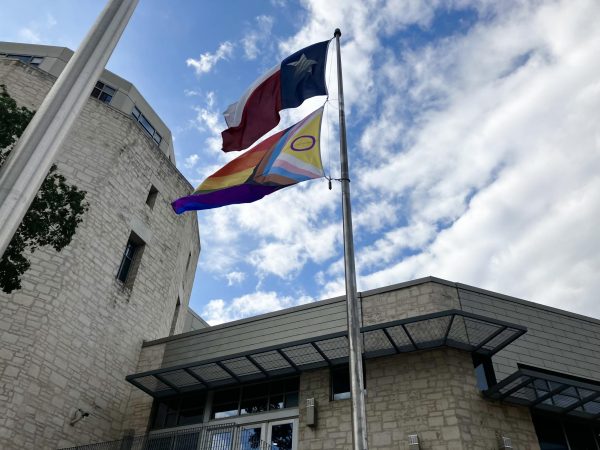OPINION: Indian Journalist’s Murder Shines Light on Need for Free Press
Tuesday evening, Sept. 4, Indian journalist and activist Gauri Lankesh was killed outside of her home by three armed men. She was 55 years old.
Lankesh, the daughter of a famous Indian journalist, was widely known throughout her hometown of Bangalore and respected across the spectrum for her gutsy and courageous writing, which was very critical of the right-wing party in India. She also worried about the freedom of expression throughout contemporary India and was a distinguished advocate for freedom of the press.
Her career began with writing for the English newspaper, Times of India, but after her father’s death in 2000, she took over his newspaper. Soon after she began her own newspaper, Gauri Lankesh Patrike, which she edited and published herself. She would publish a story weekly, many of which were typically focused around the topic of her disagreement with the Hindu-nationalist party, Bhartiya Janata and her feelings about contemporary India and what it was becoming.
Her murder has sparked widespread anger and tragedy throughout the country, as her killing was not done out of personal gain, but because of politics. Although no one has been convicted for this, it is almost certain that the reason was because of her journalism. The shooting was no random drive-by; there was a definite purpose behind it.
This was not the first time Lankesh had been penalized for her writing. In November of 2016, she was convicted of two cases of defamation after an article she had written criticizing the leaders of the Bhartiya Janata Party was published. Lankesh was sentenced to prison for six months. The same day that she was convicted, she was granted bail, but ended up still appealing the verdict at the time of her death.
This could seem to some as a generalization of the party, or it could seem like this was a freak accident and it just happened to be that Lankesh was in the wrong place at the wrong time. But, the truth is in the statistics and the already violent wrongdoings of this so-called political party.
The BJP is a party who greatly advocates for “hindutva” or Hindu-ness, which is an ideology seeking to define Indian cultures in terms of Hindu values. Sure enough, the Babri Masijd, a mosque, was demolished in December 1992 by organizations that were known to be associated with the party. This caused major backlash against the party and angered people to the extent that it caused violent outbreaks and left over 1,000 of the angry dead.
There’s no doubt that journalists are often criticized or even penalized for their work, but let’s take a moment and look at some of the infractions that have gone on under the table for years. According to the Committee to Protect Journalists, since 1992 over 27 Indian journalists have been murdered without any conviction of the murders. Somehow this is unfathomable to me, as freedom of expression is prominent throughout the country. Yet, this is still going on today.
Protests have been rightfully held in numerous different cities, including Mumbai, Bangalore, and Dehli, regarding Lankesh’s murder. This is something which I can only hope will spark a change or at the very least, recognition for every person who has been unlawfully killed for expressing their opinions and values. I hope this does not stop the people from expressing the change they wish to see in their country, but that it eliminates the fear that they will be killed or penalized for doing so. Being a journalist is something which takes an incredible amount of passion and which most certainly takes courage, especially for those who are not lucky enough to live in the society that we, Americans, are able to live in day to day. I would hope that we can stand together in admittance that Lankesh was one of the brave who died in order to spread their writing and that she should be respected as someone who, despite what anyone else said or what anyone else did, stuck to her beliefs.

Hello! This is my first year as an Opinions Editor and my second year being on Student Press. My main focus as a part of this program is to help share...





